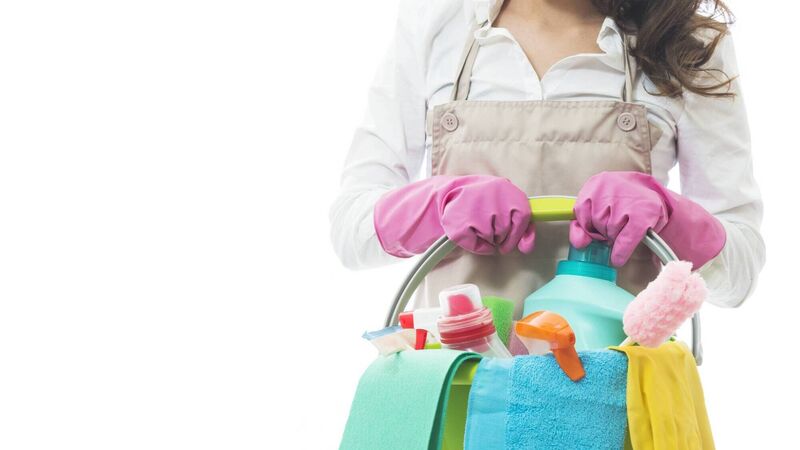Report highlights how gender norms still disempower women

At home, restrictive masculinities are leaving much of the household unpaid labour to women.
A new report on gender norms in Ireland reveals that although 50% of people believe gender equality has been achieved, attitudes about masculine norms still disempower women in work, politics and their home life.
The report, published by the Department of Children, Equality, Disability, Integration and Youth today, compiles data from a number of sources to see how Ireland ranks on 10 norms of restrictive masculinities, which were outlined in an OECD report, “Man Enough? Measuring Masculine Norms to Promote Women’s Empowerment”.










